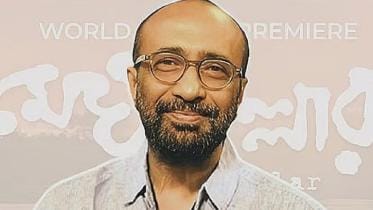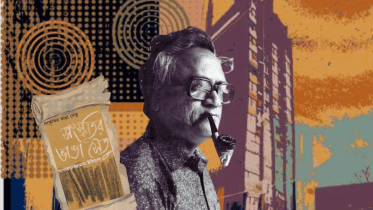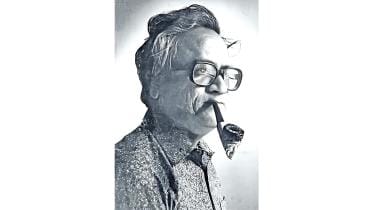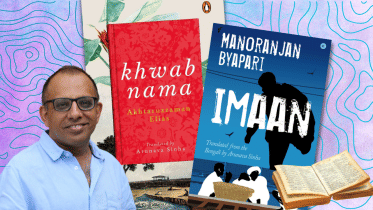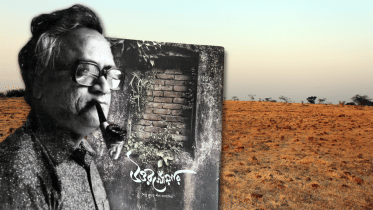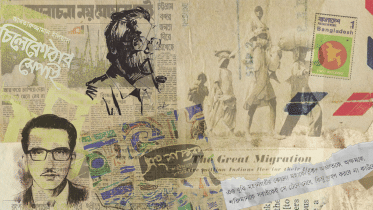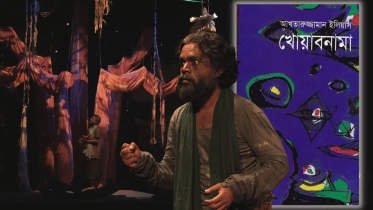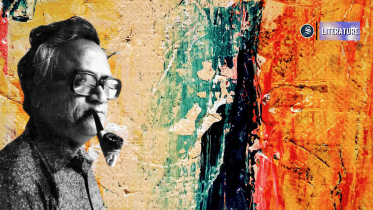Akhteruzzaman Elias
BSFF to host memorial for Anjan with ‘Meghmallar’ screening
The Bangladesh Short Film Forum (BSFF) has organised a memorial event in honour of filmmaker, film activist, and educator Zahidur Rahim Anjan, who previously served as the organisation’s president.
6 March 2025, 06:12 AM
Akhteruzzaman Elias’ thought on novel writing in Bengali literature
Akhteruzzaman Elias would often deconstruct novels as a literary form, emphasising the role of social realism in mastering its craft.
12 February 2025, 09:45 AM
Reading Akhteruzzaman Elias after an uprising
Firdous Azim: There has been an uprising in Bangladesh.
8 September 2024, 18:00 PM
‘We are translators every day’: Arunava Sinha
You must read like a reader and not like an academic student. If the book you’re translating is a general book, it’s going to be read by readers. Intelligent readers perhaps, but readers nevertheless.
26 May 2023, 18:00 PM
Akhteruzzaman Elias: There is always an other to be purged
Shill edited the present volume as a rich collection of memories and evaluations of Akhteruzzaman Elias by his friends and relatives, some renowned literary figures of the Bangla language, as well as some occasional thoughts by Elias himself.
27 April 2023, 10:22 AM
Home and its place in Bangla literature
When we study the effects of urbanisation on formerly relevant concepts of home, newer images pop up and we find them coexisting with the previously established one.
18 March 2023, 15:00 PM
How I became Tamijer Baap in ‘Khowabnama’
I found myself looking for him beyond the pages of Elias's novel, among the old men who beg on the streets of Dhaka, or in the madman lying on the footpath, trying to say something in a huff or lost in a hallucination on the open road.
14 September 2022, 18:00 PM
A writer's writer: Akhtaruzzaman Elias
His style and content both grew organically out of the soil of the world he built in his works.
2 June 2017, 18:00 PM
